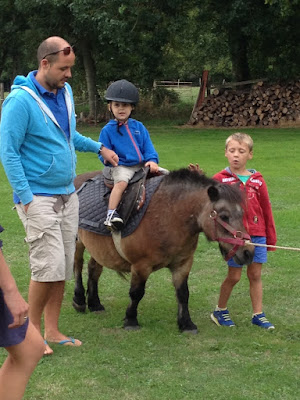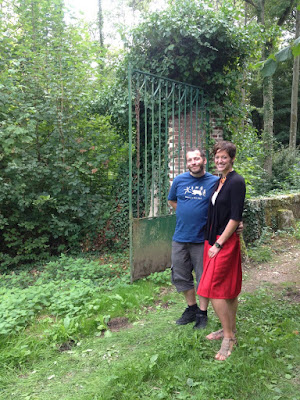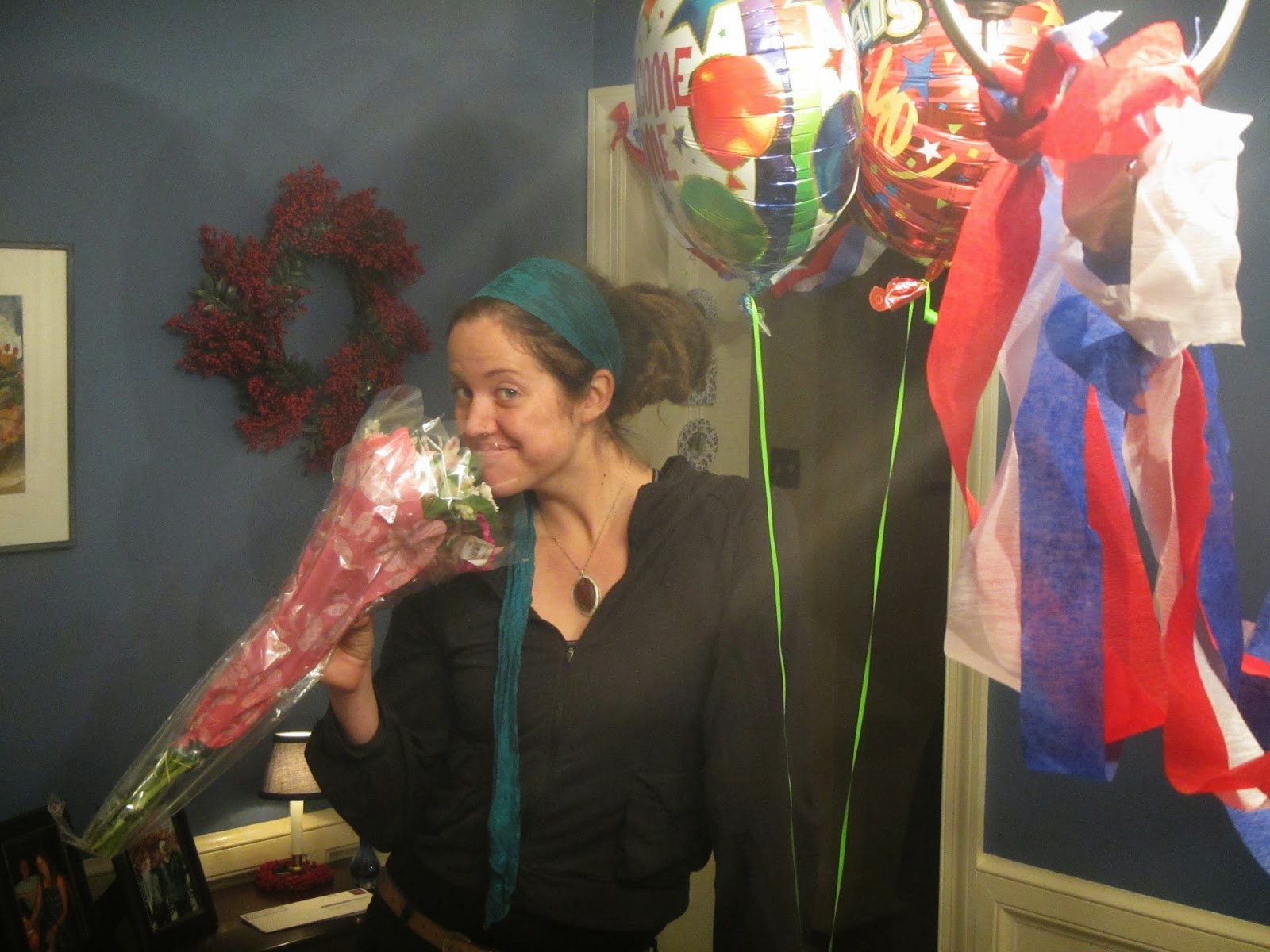This year marks the
fourth Thanksgiving in a row that I’ve spent outside of the United States.
While this has been a little sad—I miss Thanksgiving at my grandma’s house,
with family and my aunt’s sweet potato casserole—I am grateful for having been
able to celebrate every year. Sure, they were far from traditional holidays.
They involved cooking over wood fires, slaughtering turkeys, and
(unsuccessfully) scouring a Bosnian grocery store for anything that looked
close to a Thanksgiving related grocery. But they were shared with friends
(Will, here’s looking at you). They brought together communities I was lucky
enough to live in and places I was passing through; I spent them in the homes
of friends and strangers. In the best sense of the holiday, I shared the feast.
For those experiences, I am thankful.
 |
| Things to be thankful for: Frozen turkeys at Sainsburys. |
These last three years
have also given me perspective. Thanksgiving is, in the broadest sense, a
harvest festival—but it also serves an important role in our national American
myth-making. We get to pretend our predecessors knew how to share, and not
simply to take; we get to gloss over the uglier parts of our history and tell
our children a tale of Pilgrims and Indians sitting down together to eat. We
like to boast about being a nation of immigrants, and this is a celebration of
“our”, whatever that means, initial immigration. We know history didn’t really
happen that way—but this roots us in what we like to think of as the best parts
of American culture: hard work, generosity, opportunity, family.
This Thanksgiving, let’s
think long and hard about those values we claim as somehow uniquely ours
(putting aside the observation that pretty much everyone in the world values
their family). Every time I tune into the American news cycle, I am saddened. Presidential
candidates spew out policy proposals that go beyond xenophobia and bigotry into
the realm of neo-fascism. Suggestions that range from closing our borders with
weaponized drones, to merging state and federal authorities into a centralized
immigration police state, to (horrifyingly) creating a register of American
Muslims, are taken seriously; are debated by pundits and analysts; are allowed
validity through media and public attention. State governors make noise about
refusing Syrian refugees fleeing genocide, overlooking the inconvenient fact
that they don’t legally have that ability. My man Bernie is, so far, the only
presidential candidate to put out a humane and rational immigration policy that
would allow immigrants access to justice, to economic opportunity, and to
citizenship—surely this is what we mean, when we claim to be a nation of
immigrants? And yet he is branded a dirty socialist, a dangerous radical, for
ideas that, 30 years ago, would have been mainstream. If you don’t believe me,
look up Reagan on immigration and refugee policy. Have we really fallen this
far?
This Thanksgiving, enjoy
being around the table with whatever company of family or friends or strangers you
find yourself amongst. Enjoy the food (oh, the food!), the subsequent turkey
coma, and the football. But take a minute between shoveling stuffing onto your
plate and drowning your potatoes in gravy to do a little naval-gazing. If we
believe ourselves to have a national identity and to have inherited a culture
worth celebrating, then we need to pay very close attention to what that
identity means and exactly what those values should be encouraging us to do. We
are being stoked into a frenzy by fear-mongerers and nativists—but we’re better
than that. And right now, we’re facing an opportunity: to move together towards
a more just and enlightened society; to open our arms to immigrant workers and
war refugees alike, and to turn our backs on discrimination; and to build a
path to citizenship that will lead to greater economic growth, greater—not less—security.
And for that, I am
thankful.













